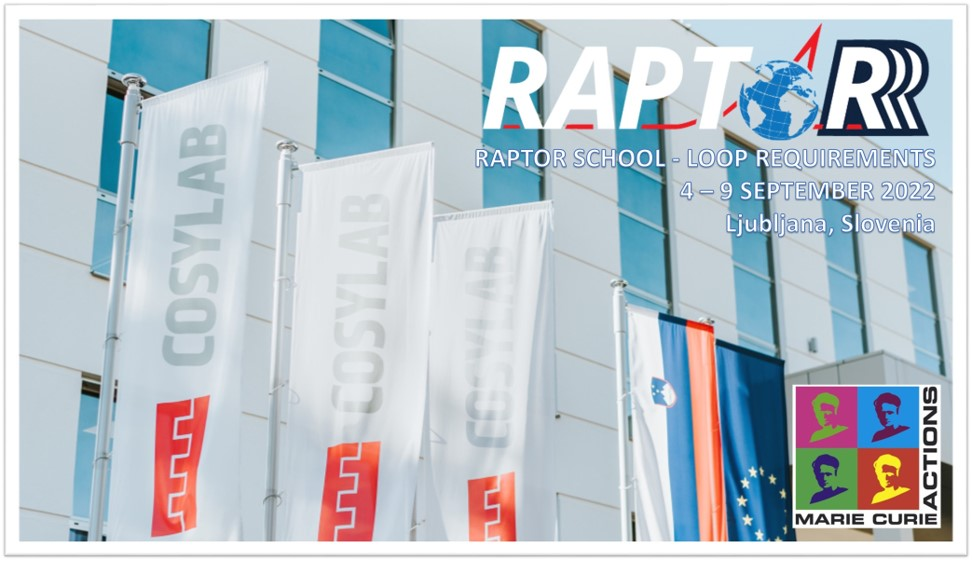Speaker
Description
Over the last century radiotherapy has had a remarkable success in cancer treatment. After the early years of trial-and-error, the evidence based use of radiation has established fractionated photon treatments as standard of care for most patients. Decades of research has led to novel machinery and procedures – such as charged particle treatments, image guidance and adaptive treatments – that allow targeting tumors with unprecedented precision today. Computational tools and sophisticated mathematical modelling played an undeniably crucial role in this success, and Artificial Intelligence (AI) methods are increasingly the key drivers behind further improvements, holding the promise for breakthroughs via enabling real-time adaptive and biologically optimized treatments.
In this presentation I will give an overview of the current state-of-the-art in the use of AI methods in various steps of the modern radiotherapy treatment planning workflow. I will explain how Deep Learning (DL) based convolutional and transformer networks can speed up dose calculations, both for photons and for charged particle therapies. I will review AI’s role in imaging, segmentation and registration, and we will learn about traditional machine learning (ML) and current DL approaches to plan optimization and quality assurance. I will also describe how AI can help modelling the dynamics between breathing motion and dose delivery, which is crucial for the most advanced particle beam scanning techniques. Last, I will talk about the limitations and outstanding challenges of AI in radiation oncology clinical practice.
